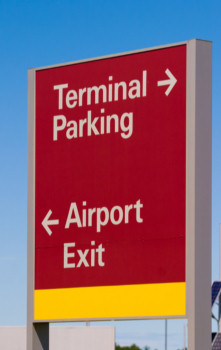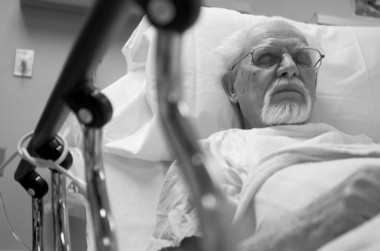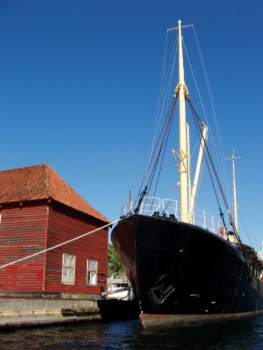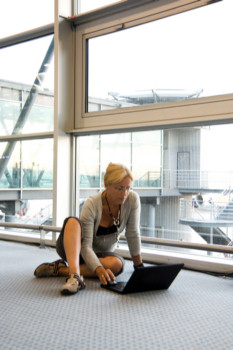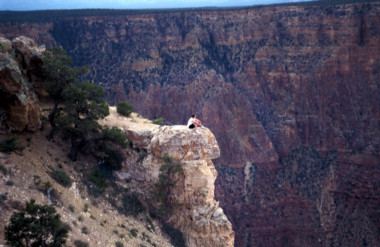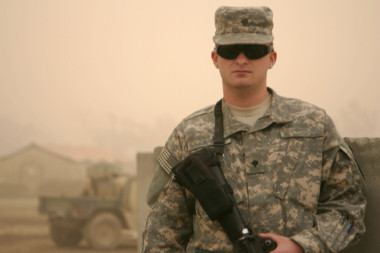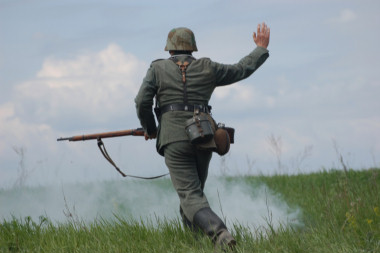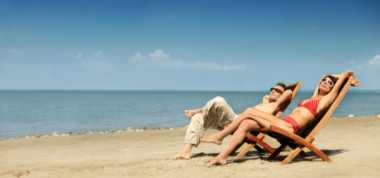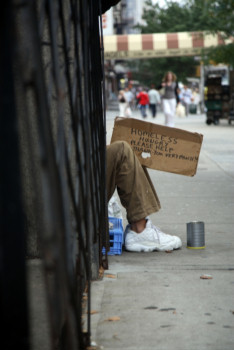边 P1716 边境 P2042 边线 P4660 边裁 P4661
der Rand P1716 die Grenze P2042 die Seitenlinie P4660 der Linienrichter P4661
PHRASES
我们去海边看日出。           | ||||||||||||||||||||||||||||||||||||||||||||||||||||||||||||||||||||||||||||||||||||||||||||||||||||||||||||||||||||||||||||||
海边的风景真美。           | ||||||||||||||||||||||||||||||||||||||||||||||||||||||||||||||||||||||||||||||||||||||||||||||||||||||||||||||||||||||||||||||
路边有很多树。           | ||||||||||||||||||||||||||||||||||||||||||||||||||||||||||||||||||||||||||||||||||||||||||||||||||||||||||||||||||||||||||||||
这里是国家的边境。           | ||||||||||||||||||||||||||||||||||||||||||||||||||||||||||||||||||||||||||||||||||||||||||||||||||||||||||||||||||||||||||||||
南边有饭店。           | ||||||||||||||||||||||||||||||||||||||||||||||||||||||||||||||||||||||||||||||||||||||||||||||||||||||||||||||||||||||||||||||
江边有很多船。           | ||||||||||||||||||||||||||||||||||||||||||||||||||||||||||||||||||||||||||||||||||||||||||||||||||||||||||||||||||||||||||||||
妹妹去海边捡石头。           | ||||||||||||||||||||||||||||||||||||||||||||||||||||||||||||||||||||||||||||||||||||||||||||||||||||||||||||||||||||||||||||||
出口在左边。           | ||||||||||||||||||||||||||||||||||||||||||||||||||||||||||||||||||||||||||||||||||||||||||||||||||||||||||||||||||||||||||||||
湖边有一条小船。           | ||||||||||||||||||||||||||||||||||||||||||||||||||||||||||||||||||||||||||||||||||||||||||||||||||||||||||||||||||||||||||||||
她的车停在路边。           | ||||||||||||||||||||||||||||||||||||||||||||||||||||||||||||||||||||||||||||||||||||||||||||||||||||||||||||||||||||||||||||||
大家坐在桌子旁边。           | ||||||||||||||||||||||||||||||||||||||||||||||||||||||||||||||||||||||||||||||||||||||||||||||||||||||||||||||||||||||||||||||
她在街边派发资料。           | ||||||||||||||||||||||||||||||||||||||||||||||||||||||||||||||||||||||||||||||||||||||||||||||||||||||||||||||||||||||||||||||
大海漫无边际。           | ||||||||||||||||||||||||||||||||||||||||||||||||||||||||||||||||||||||||||||||||||||||||||||||||||||||||||||||||||||||||||||||
天边有一片白云。           | ||||||||||||||||||||||||||||||||||||||||||||||||||||||||||||||||||||||||||||||||||||||||||||||||||||||||||||||||||||||||||||||
临终前,儿女都不在他身边。           | ||||||||||||||||||||||||||||||||||||||||||||||||||||||||||||||||||||||||||||||||||||||||||||||||||||||||||||||||||||||||||||||
天边布满了朝霞。           | ||||||||||||||||||||||||||||||||||||||||||||||||||||||||||||||||||||||||||||||||||||||||||||||||||||||||||||||||||||||||||||||
右边这位是邓先生。           | ||||||||||||||||||||||||||||||||||||||||||||||||||||||||||||||||||||||||||||||||||||||||||||||||||||||||||||||||||||||||||||||
海浪冲上岸边。           | ||||||||||||||||||||||||||||||||||||||||||||||||||||||||||||||||||||||||||||||||||||||||||||||||||||||||||||||||||||||||||||||
船停在岸边。           | ||||||||||||||||||||||||||||||||||||||||||||||||||||||||||||||||||||||||||||||||||||||||||||||||||||||||||||||||||||||||||||||
河边有很多小贩在卖菜。           | ||||||||||||||||||||||||||||||||||||||||||||||||||||||||||||||||||||||||||||||||||||||||||||||||||||||||||||||||||||||||||||||
她坐在窗边。           | ||||||||||||||||||||||||||||||||||||||||||||||||||||||||||||||||||||||||||||||||||||||||||||||||||||||||||||||||||||||||||||||
他坐在悬崖的边缘。           | ||||||||||||||||||||||||||||||||||||||||||||||||||||||||||||||||||||||||||||||||||||||||||||||||||||||||||||||||||||||||||||||
河边有两座宝塔。           | ||||||||||||||||||||||||||||||||||||||||||||||||||||||||||||||||||||||||||||||||||||||||||||||||||||||||||||||||||||||||||||||
士兵驻守在边境。           | ||||||||||||||||||||||||||||||||||||||||||||||||||||||||||||||||||||||||||||||||||||||||||||||||||||||||||||||||||||||||||||||
海边的夕阳很美。           | ||||||||||||||||||||||||||||||||||||||||||||||||||||||||||||||||||||||||||||||||||||||||||||||||||||||||||||||||||||||||||||||
街边有报刊亭。           | ||||||||||||||||||||||||||||||||||||||||||||||||||||||||||||||||||||||||||||||||||||||||||||||||||||||||||||||||||||||||||||||
边境正在打仗。           | ||||||||||||||||||||||||||||||||||||||||||||||||||||||||||||||||||||||||||||||||||||||||||||||||||||||||||||||||||||||||||||||
他挣扎着游到岸边。           | ||||||||||||||||||||||||||||||||||||||||||||||||||||||||||||||||||||||||||||||||||||||||||||||||||||||||||||||||||||||||||||||
他们在海边晒太阳。           | ||||||||||||||||||||||||||||||||||||||||||||||||||||||||||||||||||||||||||||||||||||||||||||||||||||||||||||||||||||||||||||||
湖边有片松树林。           | ||||||||||||||||||||||||||||||||||||||||||||||||||||||||||||||||||||||||||||||||||||||||||||||||||||||||||||||||||||||||||||||
路边竖立着一根电线杆。           | ||||||||||||||||||||||||||||||||||||||||||||||||||||||||||||||||||||||||||||||||||||||||||||||||||||||||||||||||||||||||||||||
左边那位是我嫂子。           | ||||||||||||||||||||||||||||||||||||||||||||||||||||||||||||||||||||||||||||||||||||||||||||||||||||||||||||||||||||||||||||||
路边有一棵树。           | ||||||||||||||||||||||||||||||||||||||||||||||||||||||||||||||||||||||||||||||||||||||||||||||||||||||||||||||||||||||||||||||
河边有一株小树。           | ||||||||||||||||||||||||||||||||||||||||||||||||||||||||||||||||||||||||||||||||||||||||||||||||||||||||||||||||||||||||||||||
天边出现了曙光。           | ||||||||||||||||||||||||||||||||||||||||||||||||||||||||||||||||||||||||||||||||||||||||||||||||||||||||||||||||||||||||||||||
他在街边乞讨。           | ||||||||||||||||||||||||||||||||||||||||||||||||||||||||||||||||||||||||||||||||||||||||||||||||||||||||||||||||||||||||||||||
海边生长了大量的水藻。           | ||||||||||||||||||||||||||||||||||||||||||||||||||||||||||||||||||||||||||||||||||||||||||||||||||||||||||||||||||||||||||||||
Go and sit by your father . | 去你父亲旁边坐吧。 | She sat next to me . | 她坐在我旁边。
Having walked for sometime , we came to the lake . 走了一段路,我们来到了湖边。
He was running and calling for help . 他边跑边呼救。
I sat beside her . 我坐在她旁边。
The girl singing over there is my sister . 那边唱歌的女孩是我姐姐。
I was very glad that she took the side of me . 我很高兴她站在我一边。
He wanted to go to sea . 他想去海边。
Our town is on the east side of the river . 我们的城镇在河的东边。
She will take her dog to the river . 她将带着她的狗去河边。
I sat next to john . 我坐在约翰旁边。
Turn your face this way . 把脸转向这边。
I walked along the river . 我沿着河边走。
The train passed by us . 火车从我们身边经过。
Almost every day he goes to the river and fishes . 他几乎每天都去河边钓鱼。
My town is by the sea . 我的城镇在海边。
Children should keep away from the river . It's dangerous . 儿童应远离河边。 这很危险 。
I would walk along the river . 我会沿着河边散步。
I walk my dog along the river every morning . 我每天早上都会沿着河边遛狗。
It's your turn . Please come this way . 轮到你了 。 请这边走。
On his left sat his mother . 他的左边坐着他的母亲。
There is a river beside the house . 房子旁边有一条河。
I walked along the river . 我沿着河边走。
I take sides with him . 我站在他一边。
An old man sat next to me on the bus . 在公共汽车上,一位老人坐在我旁边。
We can see his house over there . 我们可以看到他的房子在那边。
Some people read the newspaper while watching television . 有些人一边看电视一边看报纸。
She sang as she walked . 她边走边唱。
In the summer , people go to the seaside . 夏天,人们去海边。
I saw him come this way . 我看见他朝这边过来了。
They live on the other side of the road . 他们住在路的另一边。
They are talking over a cup of coffee in the cafeteria . 他们正在自助餐厅一边喝咖啡一边聊天。
We always spend our vacation by the sea . 我们总是在海边度假。
Whose side are you ? 你是哪一边的?
He stood on his right . 他站在右边。
I will side with you just this once . 我就这一次站在你一边。
Sit at the table . 坐在桌边。
I took it for granted that you were on my side . 我理所当然地认为你站在我这边。
I take sides with you . 我站在你一边。
We talked over a cup of coffee . 我们一边喝咖啡一边聊天。
The dog sat down by the man . 狗在男人旁边坐下。
I wish I had been with you then . 我希望那时我就在你身边。
His house stands by the river . 他的房子坐落在河边。
What ! You going to take her side again ! ? 什么 ! 你又要站在她一边了! ?
You may stay with me for the time being . 你可以暂时留在我身边。
You can ask the child who's playing over there . 你可以问问那边正在玩的孩子。
Don't forget to put your dictionary beside you . 别忘了把字典放在你身边。
The park was extended to the river . 公园一直延伸到河边。
That man knows how to get on the president's good side . 那个人知道如何站在总统一边。
It was near the river that I lost my way . 我是在河边迷路的。
He is on the point of death . 他已经到了死亡的边缘。
I put aside the book I was reading . 我把正在看的书放在一边。
My husband has his breakfast while reading the newspaper . 我丈夫一边吃早餐一边看报纸。
Do you see any policeman over there ? 你看到那边有警察吗?
The little boy disappeared down the road . 小男孩消失在路边。
Please stand by me when I need you . 当我需要你的时候请站在我身边。
He seated himself next to me . 他坐在我旁边。
We often took a walk along the seashore together in the morning . 我们经常早上一起沿着海边散步。
I would often go skating on the lake . 我经常去湖边滑冰。
Why don't you pull over and take a rest for a while ? 你为什么不靠边停车休息一会儿呢?
We went camping near the river . 我们去河边露营。
The boy standing over there is my son . 站在那边的男孩是我儿子。
I took it for granted that he would stand by me . 我理所当然地认为他会站在我这边。 |







